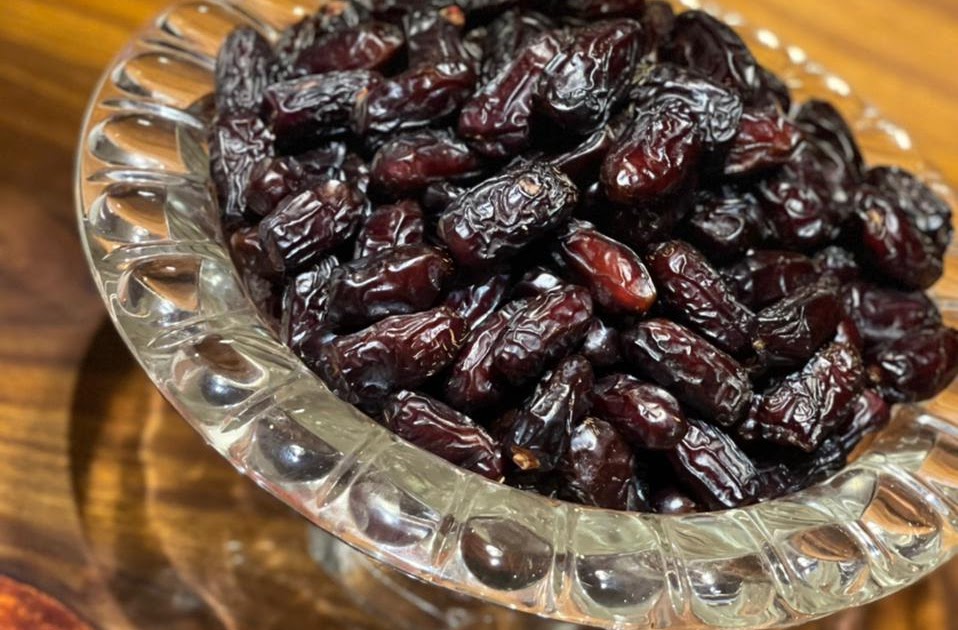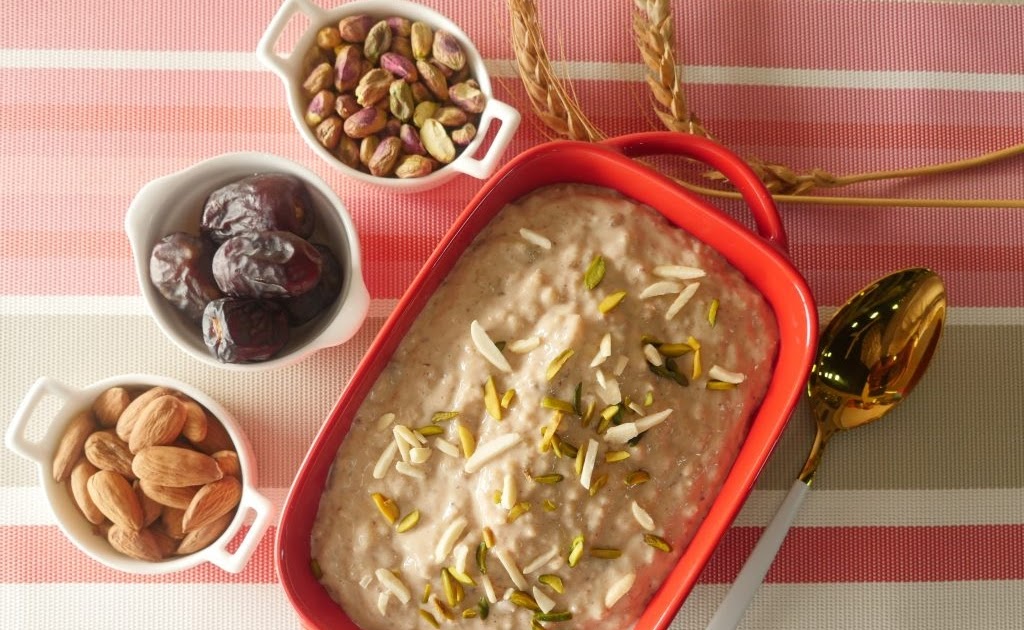Buy A-Grade Bam Mazafati Dates in Bulk — India 2025. Trusted APMC Vashi supplier. PAN-India delivery & fresh lots daily — live rates.
Introduction to Dates (Khajoor): Nature’s Sweet Superfruit
Dates, known as Khajoor in many parts of the world, are among the oldest fruits cultivated by humankind. With origins tracing back over 5,000 years to ancient Mesopotamia and the Arabian Peninsula, these small, brown, wrinkled fruits have stood the test of time. From ancient desert caravans to modern kitchens, dates have remained a cherished part of human diet and culture.
Today, dates continue to be a symbol of nourishment and vitality. Their natural sweetness, versatility, and health benefits have made them a beloved snack and ingredient in a variety of dishes. In this article, we dive into the world of dates, exploring their rich history, health benefits, popular types, how to choose the best dates, and tips for storing them to maintain freshness. Let’s embark on a journey to discover why dates are considered nature’s sweet superfruit.
🌴 What Are Dates (Khajoor)?
Dates are the edible fruits of the date palm tree (Phoenix dactylifera), which is primarily grown in regions of the Middle East, North Africa, and parts of Asia. The date palm has been cultivated for thousands of years, thriving in hot, arid climates. Dates have earned nicknames such as “The Bread of the Desert,” thanks to their energizing properties, long shelf life, and ability to sustain desert travelers during long journeys.
These small fruits are packed with natural sugars, fiber, and essential nutrients, making them a key food source for millions worldwide. Dates are not only consumed as a fresh snack but are also incorporated into a wide range of dishes—from savory stews to sweet desserts.
A Nutritional Powerhouse
Dates are often considered one of the healthiest fruits available. Packed with vitamins, minerals, and antioxidants, they offer a variety of health benefits. Whether enjoyed in their whole form or used as an ingredient in cooking and baking, dates are an excellent addition to a balanced diet.
🌟 Health Benefits of Dates
Dates aren’t just delicious—they’re also a nutritional powerhouse. Here’s why you should consider adding them to your daily diet:
✅ Rich in Fiber
Dates are an excellent source of dietary fiber, which is essential for maintaining digestive health. Fiber helps support healthy digestion, prevents constipation, and promotes a feeling of fullness, which can aid in appetite control.
✅ High in Potassium
Potassium is a crucial mineral that helps regulate fluid balance, nerve function, and muscle strength. Dates are packed with potassium, making them an excellent food for maintaining heart health and supporting proper muscle function.
✅ Packed with Antioxidants
Dates contain several powerful antioxidants, including flavonoids, carotenoids, and phenolic acid. These antioxidants help combat oxidative stress and inflammation in the body, protecting cells from damage and reducing the risk of chronic diseases like heart disease and cancer.
✅ Natural Energy Booster
Dates are high in natural sugars like glucose and fructose, which provide a quick and sustained energy boost. This makes dates an ideal choice for a pre-workout snack or a midday pick-me-up, offering a natural source of energy without the crash associated with processed sugars.
✅ Good Source of Vitamins and Minerals
In addition to fiber and potassium, dates also contain essential vitamins and minerals such as vitamin A, vitamin C, iron, magnesium, and vitamin B6. These nutrients support immune function, brain health, and overall vitality.
🥇 Popular Types of Dates You Should Know
There are over 200 varieties of dates, each with its own unique flavor, texture, and color. Here are some of the most beloved:
1. Medjool Dates
Medjool dates are the most famous and widely consumed variety. They are large, soft, and juicy, with a rich caramel-like flavor that makes them perfect for snacking. Medjool dates are often called the “King of Dates” due to their size and sweetness. They are a great natural substitute for sugary snacks and are often used in baking and desserts.
2. Deglet Noor Dates
Deglet Noor dates are firmer and drier than Medjool dates. They have a mild, sweet flavor and are often used in cooking and baking. Known for their golden-brown color and smooth texture, Deglet Noor dates are commonly used in the Middle East and North Africa for making date syrups and in savory dishes like tagines.
3. Ajwa Dates
Ajwa dates are cultivated primarily in Saudi Arabia and are considered one of the most prized varieties. They are dark, soft, and rich in flavor, with a slight nutty undertone. Ajwa dates are highly prized for their spiritual and health significance in Islamic culture. These dates are often consumed during Ramadan and are believed to have numerous health benefits, including improving heart health and aiding digestion.
4. Sukkari Dates
Sukkari dates are smaller, crunchy yet soft, with a honey-like sweetness. Known for their delicate texture and rich flavor, Sukkari dates are often enjoyed fresh as a snack or used in desserts. They are a popular variety in the Gulf region and are commonly served as a treat during special occasions and celebrations.
5. Zahedi Dates
Zahedi dates are dry, firm, and have a nutty flavor. They are often used in baking and for making date pastes or date-based products. Due to their dry texture, Zahedi dates are well-suited for industrial uses and are popular in health snacks and granola bars.
🛒 How to Choose the Best Dates
Choosing the best dates can be a tricky task, especially with so many varieties available. Here are some tips to help you pick the freshest and highest-quality dates:
1. Look for Plumpness
Good dates should feel full and meaty. Avoid dates that are dried out, shriveled, or hollow in the center. Plump, firm dates indicate that they are fresh and packed with moisture.
2. Colour Matters
Dates come in a variety of colors, ranging from light golden brown to deep, dark brown. Rich, deep brown or golden tones indicate that the dates are fresh and ripe. Pale, faded dates may be overripe or too dry.
3. Avoid Blemishes
Examine dates for any blemishes, black spots, or cracks. These signs may indicate that the dates are past their prime or were poorly stored. Opt for dates that are smooth and free from visible damage.
4. Soft, Not Mushy
Dates should yield slightly when pressed but not feel mushy or soggy. Soft dates are a sign of ripeness, but if they feel overly soft or wet, they may not be fresh.
🧊 How to Store Dates for Freshness
Dates are known for their long shelf life, but proper storage is essential to maintain their freshness. Here’s how to store dates:
1. Room Temperature
Dates can be stored at room temperature for up to two weeks. Keep them in an airtight container to prevent moisture and air exposure, which can lead to spoilage.
2. Refrigerator
For longer storage, place dates in the refrigerator. When kept in an airtight container, dates can last for 4 to 6 months. The cool temperature helps preserve their texture and flavor.
3. Freezer
Dates can be stored in the freezer for up to a year. This is an ideal option if you buy dates in bulk or want to preserve them for long-term use. Just ensure they are stored in a freezer-safe, airtight container to avoid freezer burn.
🍰 Delicious Recipes Using Dates
Dates are incredibly versatile in the kitchen, adding natural sweetness and rich flavor to a variety of dishes. Here are some easy and delicious ways to enjoy dates:
1. Date Bars
Date bars are a healthy, wholesome alternative to granola bars. Simply blend dates with oats, nuts, and seeds for a quick and nutritious snack.
2. Date Cookies
These soft, chewy cookies are naturally sweetened with dates. They’re a healthier option compared to traditional sugar-filled cookies and are perfect for anyone craving a sweet treat.
3. Date Cake
A moist, rich date cake is perfect for tea time or as a dessert after dinner. The sweetness of the dates, combined with a hint of spice from cinnamon or nutmeg, makes this cake a true delight.
4. Date Pudding
Date pudding is a warm, comforting dessert made with dates, eggs, and milk. It’s perfect for chilly evenings and pairs wonderfully with a dollop of whipped cream or vanilla ice cream.
5. Date Smoothie
For a power-packed drink, blend dates with milk, banana, and almonds. The natural sugars in the dates provide a quick energy boost, making it an ideal pre-workout drink or a satisfying breakfast smoothie.
📈 Why Dates Are Gaining Global Popularity
As more people embrace whole foods and clean eating, dates have gained popularity as a natural sweetener and superfood. Here’s why dates are being included in more diets and recipes:
1. Vegan Desserts
Dates are a staple in vegan cooking, especially for making naturally sweet desserts. Vegan bakers love using dates as a sugar substitute in cakes, energy balls, and raw desserts.
2. Energy Bites
Dates, when blended with nuts and seeds, make for the perfect energy bite or protein ball. These bites are ideal for fitness enthusiasts or anyone needing a quick, nutrient-packed snack.
3. Sugar-Free Baking
As people are moving away from refined sugars, dates have become a go-to sweetener in sugar-free baking. Dates provide a rich, caramel-like sweetness without the added processed sugars.
4. Gluten-Free Snacks
Many people with gluten sensitivities are turning to dates as part of their gluten-free diets. Dates are naturally gluten-free and can be used in a variety of gluten-free snack recipes.
From fitness enthusiasts to traditionalists, dates cater to all dietary preferences. As people focus on healthier eating habits, dates are becoming a superfood staple worldwide.
🔚 Final Thoughts: A Fruit Worth Celebrating
Dates are more than just a fruit—they are a symbol of tradition, nutrition, and natural sweetness. Whether you're snacking on Medjool dates straight from the box or adding chopped dates to your morning oatmeal, you're nourishing your body and indulging your taste buds.
Ready to make dates a part of your healthy lifestyle? Whether you're looking to improve your digestion, boost your energy, or simply enjoy a naturally sweet snack, dates are a fantastic addition to any diet. Explore the rich variety of dates available and start experiencing the many health benefits they have to offer.
📌 FAQs About Dates (Khajoor)
Q1: Are dates good for diabetes?
A1: Dates have a low-to-moderate glycemic index. In moderation, they can be part of a diabetic diet, but always consult a doctor before adding them to your diet.
Q2: Can I eat dates daily?
A2: Absolutely. 2–4 dates per day offer great nutritional benefits without overloading calories. They're perfect for a daily energy boost and digestive support.
Q3: Do dates help with weight loss?
A3: Dates are high in fiber, which helps you feel full longer, aiding in appetite control. While dates are nutrient-dense, they should be consumed in moderation for weight loss goals.
Explore our range of premium dates at Dates Business — handpicked, fresh, and packed with care!





